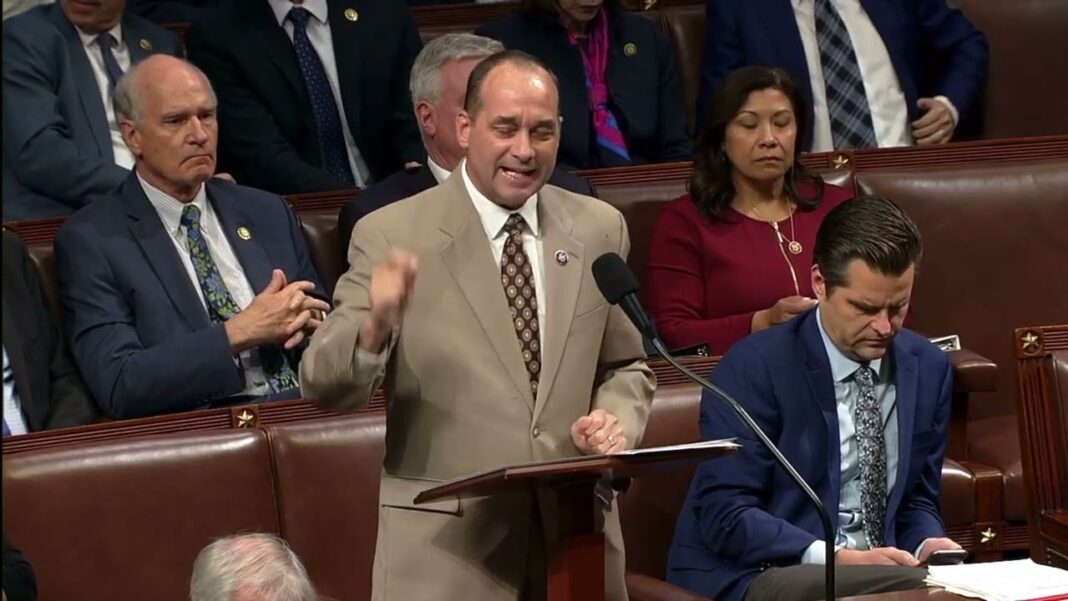The abortion provider is wading into transgender care, doling out prescriptions for estrogen and testosterone, including to special needs kids.
Fred has a history of developmental issues. He was diagnosed with autism—technically ADHD with autistic traits—at age four, struggled with depression and anxiety as he got older, and was expelled from three different special-needs schools due to behavioral problems, stemming in part from an impulse control disorder. He is an 18-year-old high school student in New Jersey and lives with his parents, who asked the Washington Free Beacon to withhold his real name.
Like many people on the autism spectrum, Fred cycles through obsessions and extreme views. He was part of an alt-right group chat as recently as last year, his parents said, but apostatized suddenly and now considers himself far left.
Still, Fred has a few interests that have remained constant throughout his life, all fairly typical for a teenage boy: guns, power tools, and metalworking. That made it all the more shocking when, in December 2022, at 17 years old, he announced he was a transgender woman.
The revelation came a few months after Fred’s best friend, who also has autism, began identifying as transgender. Concerned that this was another phase, but open to the possibility that it wasn’t, Fred’s parents tried to enroll their son, whom they were now calling by a female name at home, in the Gender and Autism Program at Children’s National Hospital, the only gender clinic in the country specializing in autistic youth. Fred was determined to take hormones, they told the clinic, which is known for its lengthy assessments. Before he did, they wanted to be sure his dysphoria wasn’t transient or peer-driven.
The clinic informed them in March that it had a waitlist of about a year. And Fred, who would be turning 18 in two months, wasn’t willing to wait.
In late July, while his parents were out of town and after he had come of age, Fred went to Planned Parenthood, which prescribes hormones to any legal adult without a letter from a therapist or a formal diagnosis of gender dysphoria. The only requirement is a brief consultation, usually with a nurse practitioner, about the drugs’ effects, which range from mood swings and male pattern baldness to permanent infertility.








